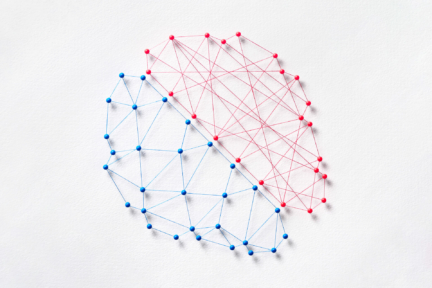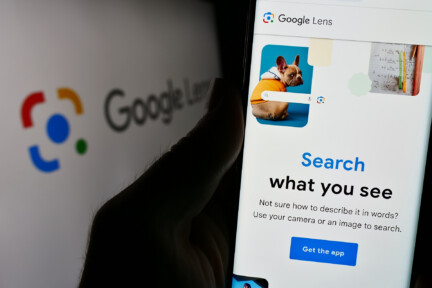Ai is changing how we produce music, distribute it and generate income from music creation. The streaming revolution opened new doors in front of artists, but over a decade later, we see that its impact on the revenue streams and royalty collection created new challenges.
Embracing AI can help the music world solve them, as our recent AI Waves: Fintech Meets Music: New Business Models & Revenue Streams event has proven. The invited experts, Linda Portnoff (Chief Executive Officer at Tangy Market), Emelie Olsson (CEO & Co-founder at Corite), Peter Harvey (Co-Founder and CEO of RoyFi Inc.), and Brian Dubb (Chief Growth Officer at Swiftpay & Nextbank) discussed the current challenges of the music industry and AI’s possible role in navigating them. Tune in and discover how they see the
AI in music composition and production
AI is no longer just assisting in music production—it’s generating entire compositions, sometimes indistinguishable from human-created works. With the advancements of GenAI tools, you can’t be sure anymore whether the new Lady Gaga song you are hearing in the viral video is an original or AI-generated.
This isn’t just about imitation—it’s about access. AI allows those without classical training or studio budgets to create music that sounds professional, sparking a creative revolution. If an artist is more focused on generating income than becoming famous, they can use generative AI to create things like background music that racks up millions of streams—with virtually no cost.
But there’s a darker side. As algorithms remix and reproduce recognizable sounds, human musicians are losing control over their own voice—sometimes literally. The models powering today’s AI music tools have been trained on vast datasets, often scraped from online sources. While this skirts legal boundaries, it raises deep questions about fairness and consent.
Take the viral track with AI-generated voices of Drake and The Weeknd. It caused such a stir that it was even submitted for Grammy consideration—a move that’s surprised many in a music business. One thing is for sure – generative AI in music is here to stay, and we need solutions that make its adoption much more transparent, clear and beneficial for all sides involved.
“It’s not as much a question of the technology itself. It’s more a question of the transparency around the companies who are creating these platforms,” noted Emelie Olsson. As artificial intelligence enters the creative arena, the music market must wrestle not only with what is possible—but with what is right.
Virtual artists and AI-generated vocals
The AI-generated music, genAI-supported music production process and recording technology are just a tip of the iceberg – now, entire virtual personas are stepping onto the stage. Apoki, a South Korean AI-powered pop artist, has millions of fans and a fully developed brand—without ever existing in the traditional sense.
These characters sing, interact with fans, and release music, blending the boundaries between digital avatar and pop idol. As the generative AI continues changing the music market, human musicians are no longer be the only stars in the spotlight. Music producers may soon put a stronger emphasis on these digital artists, joining forces with AI companies to see the new stars born solely through AI generated content.
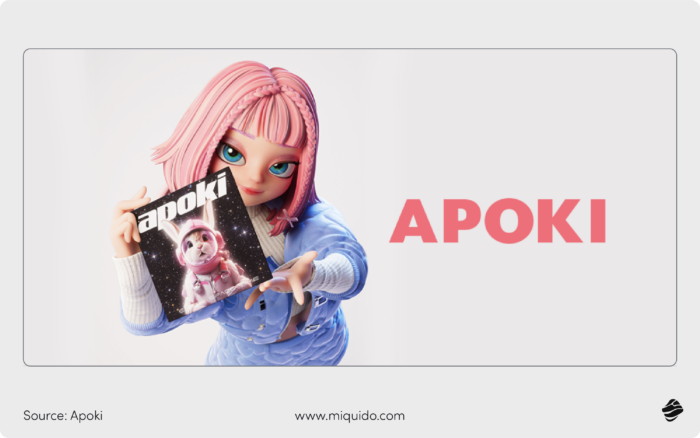
AI in music discovery and distribution
Behind the scenes, AI technology is also reshaping how music is discovered, shared, and monetized. With platforms like Apple Music and Spotify using algorithms to personalize your playlists, listeners are guided by invisible curators.
“Fundamentally, it changed the business model from a transactional model to a subscription model,” said Peter Harvey when explaining how streaming changed the music industry. This shift created a steady stream of data that not only helps surface your next favorite track but also underpins new valuation systems for songs and rights. Streaming industry challenges go hand in hand with new opportunities
AI royalty management
While the buzz often surrounds AI-generated hits, some of the most impactful uses of ai in music are far less flashy. As Linda Portnoff explained, “We use AI to predict future music royalties… it’s actually really beautiful what you can do when you take machine learning technologies to predict future royalties and feed back that information to creators to increase financial literacy.”
This is AI as a financial advisor—helping artists understand where their money is coming from, and what they can expect down the line. It’s not about replacing human creativity, but empowering it through data.
“You can also make better strategic decisions because you can plan better when you know what’s coming ahead,” she added. Transparency isn’t just good ethics—it’s good business.
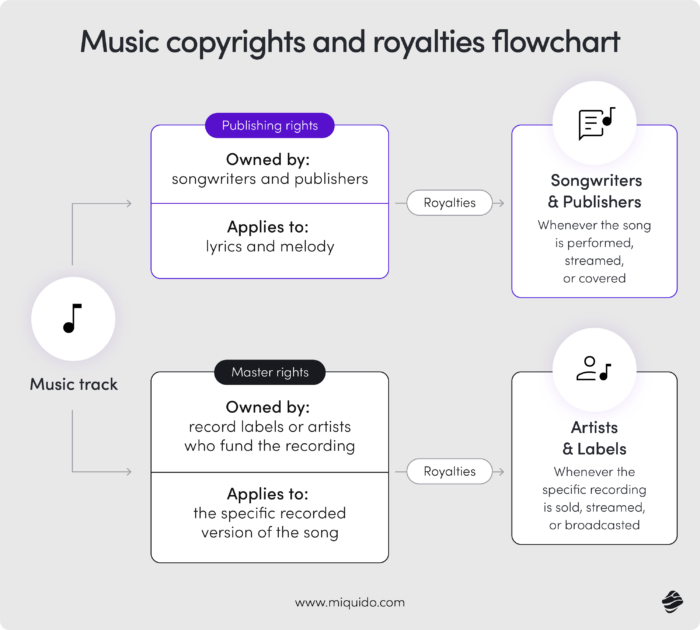
The impact of AI on music industry
“Music is no longer just something you can listen to—it’s an asset class you can invest in,” said Portnoff. Thanks to predictable streaming revenues and AI-driven royalty forecasts, institutional investors are pouring billions into music rights. The music business is becoming part of the broader financial system.
With tools like Tangy Market, fans and small investors can now buy shares in songs—fractional ownership of royalties previously reserved for industry insiders. “We do a valuation and this is data driven and based on our patented machine learning valuation… This guides the IPO price for the market.”
Imagine a NASDAQ for music, where anyone can invest in the next big hit.
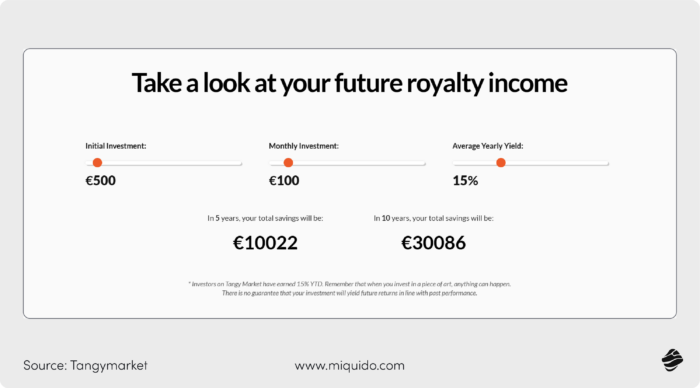
Democratizing valuation and ownership
“When we have a market… it is also a very democratic pricing mechanism,” said Portnoff. Instead of opaque negotiations and insider deals, AI-powered platforms are building transparent, open marketplaces for music. Songs are split into tradable shares, priced through a combination of algorithmic valuations and market demand.
This structure doesn’t just serve investors—it gives artists fairer access to funding, and it establishes real-time value for music based on actual performance, not speculation.
Redefining funding: advances without rights transfers
How many stories have we heard about the artists losing rights to their own songs? Think about Taylor Swift that had to re-record her whole album in new, “Taylor” version to regain ownership over their work. Or JoJo, who essentially disappeared from the music industry for over a decade despite an enormous success because of a bad record deal.
Artists have long faced a devil’s bargain: upfront funding in exchange for control over their own music. But that’s changing. New fintech models are offering advances without requiring rights transfers.
“We are a fintech in the music rights space providing advances to artists so that they can choose not to sell any rights,” said Peter Harvey, describing his platform, RoyFi Inc.. Using AI to project an artist’s future income, solutions like RoyFi Inc. or Tangy Market offer fair, transparent deals that keep ownership in the hands of creators.
Take his example – one independent artist started with a $15,000 advance—two years later, they qualified for $200,000, all while keeping 100% of their rights. Contrast that with a traditional label deal, where “you’ve got to generate $666,000 for the label before you see a dollar.”
Fractional ownership models
Platforms like Tangy Market are fractionizing music royalties into shares that represent the right to receive payouts, creating a liquid market for music rights.
“We sign a financing deal with a songwriter to collect their royalties. We do a valuation based on our patented machine learning valuation that guides the IPO price. We fractionalize the royalties into shares, which are listed and sold on Tangy Market, and investors get payouts and can trade their shares.”
Linda Portnoff, CEO Tangy Market
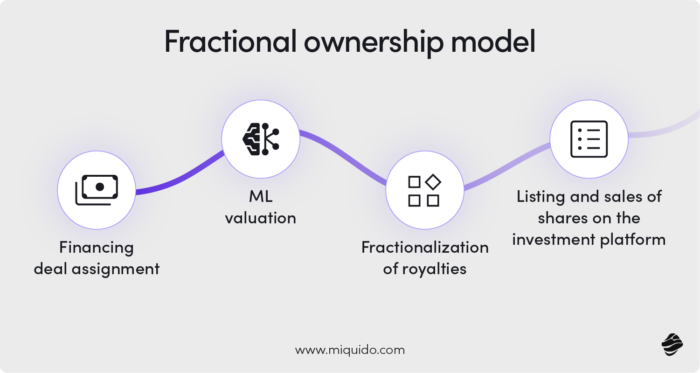
This approach creates a democratic pricing mechanism that establishes fair market value for music rights through open trading, benefiting both artists seeking funding and investors seeking returns.
Challenges, ethics, and the path forward
Yet trust remains a major obstacle. As Olsson pointed out, secrecy around AI use can backfire: “When the major says we’re not going to use these tools… the employees start using it very freely and doing it behind people’s backs.” Without transparency, the tools designed to streamline creativity can actually create chaos.
The rise of AI is also prompting a shift in the traditional label-artist dynamic. Artists now have leverage—and options.
“I think it’s very important that there at some point comes some kind of standard or way for artists to actually understand if the offer they’re getting is good,”
Emelie Olsson, Co-Founder, Co-Rite
Redefining the artist-label relationship
The emergence of alternative financing options is forcing traditional labels to reassess their value proposition beyond merely providing capital. Labels must now demonstrate additional value in areas like marketing, distribution, and artist development.
The increased competition in artist financing is creating more transparent market conditions and empowering artists to negotiate better deals or remain independent.
Future of AI in the music industry
So, what’s next for music AI?
The most exciting promise lies in AI to empower—not replace—artists. It’s about tools that protect rights, predict income, and offer funding without compromise. It’s about turning streaming data into strategy, and turning songs into shared investments. And most importantly, it’s about using technology to enhance, not overshadow, the irreplaceable bond between artists and their fans.
Because in the end, music is more than background noise or a line on a spreadsheet. It’s emotion, culture, identity—and now, it’s a smarter business than ever before.
Tips for businesses implementing AI in music (Based on panel insights):
- Prioritize transparency: As Olsson emphasized, trust concerns often center on the companies implementing AI rather than the technology itself. Establish clear, accessible explanations of how your systems use data and for what purposes.
- Develop practical applications: Focus on solving concrete problems that enhance rather than replace human creativity. Portnoff’s example of royalty prediction demonstrates how AI can provide tangible value while building trust.
- Establish clear boundaries: Recognize the irreplaceable aspects of music’s value chain, particularly the artist-fan relationship that Olsson and Dubb emphasized as “the absolutely central point of music.”
- Implement educational components: Address knowledge gaps through integrated educational initiatives that demystify both technology and underlying business models.
- Consider market-based solutions: Explore how marketplace mechanisms can establish objective valuations while distributing decision-making power across broader stakeholder communities.
- Embrace appropriate regulation: As Portnoff suggested, well-designed regulatory frameworks can build consumer trust while establishing level playing fields for innovation.
- Measure success holistically: Look beyond traditional metrics to evaluate how your AI implementations affect artist autonomy, fan engagement, and long-term sustainability.
- Design for empowerment: Structure AI tools to enhance creator agency rather than extract value from their work – following Harvey’s principle of ensuring “the maximum amount of the reward for the risk ends up in your bank account.”
Are you searching for deeper insights? Our AI Waves are available for you on demand. Watch the recording of the Fintech Meets Music event or delve even deeper into what is making waves in music industry with our Soundscapes of Tomorrow ebook.

![[header] how is ai used in the music industry overcoming trust, fraud & transparency challenges with ai](https://www.miquido.com/wp-content/uploads/2025/04/header-how-is-ai-used-in-the-music-industry_-overcoming-trust-fraud-transparency-challenges-with-ai.jpg)


